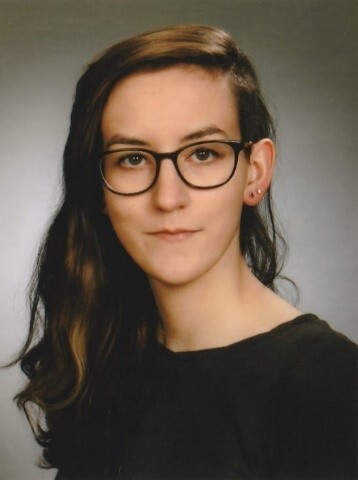Research
Our group at the Heidelberg Univeristy and Heidelberg Unviersity Hospital focuses on problem driven development of AI/ML approaches to data exploration, hypothesis generation and computational scientific discovery to facilitate translational biomedicine.
We are affiliated with the Institute for Computational Biomedicine and the Translational Spatial Profiling Center.
We work on representation learning and (un-)supervised analysis of spatial omics data. We develop new and extend existing explainable, scalable and readily deployable methods for multi-view learning, graph neural networks, metaheuristic optimization and optimal transport to:
- Identify clinically relevant spatial regions and interactions by explanatory modeling and optimization of global and local tissue/condition specific persistent multicellular patterns.
- Learn higher order structural and functional organization, and their alignment in space and time to form tissue models for diffential and interventional analyses.
- Integrate single-cell and spatial multiomics data with databases of prior knowledge to discover context specific mechanistic insighs spanning multiple omics layers.
Our interest is to address questions of structure-function relationships in disease, progression and response to treatment.
We value collaborations with clinical, experimental biology groups and groups working on the development of novel methods for the acquisition of single-cell spatial omics data. We welcome synergistic collaborations with computational groups towards the construction of more robust theoretical and computational frameworks for the analysis of all aspects of biomedical data and beyond.
 Institute for Computational Biomedicine
Institute for Computational Biomedicine










